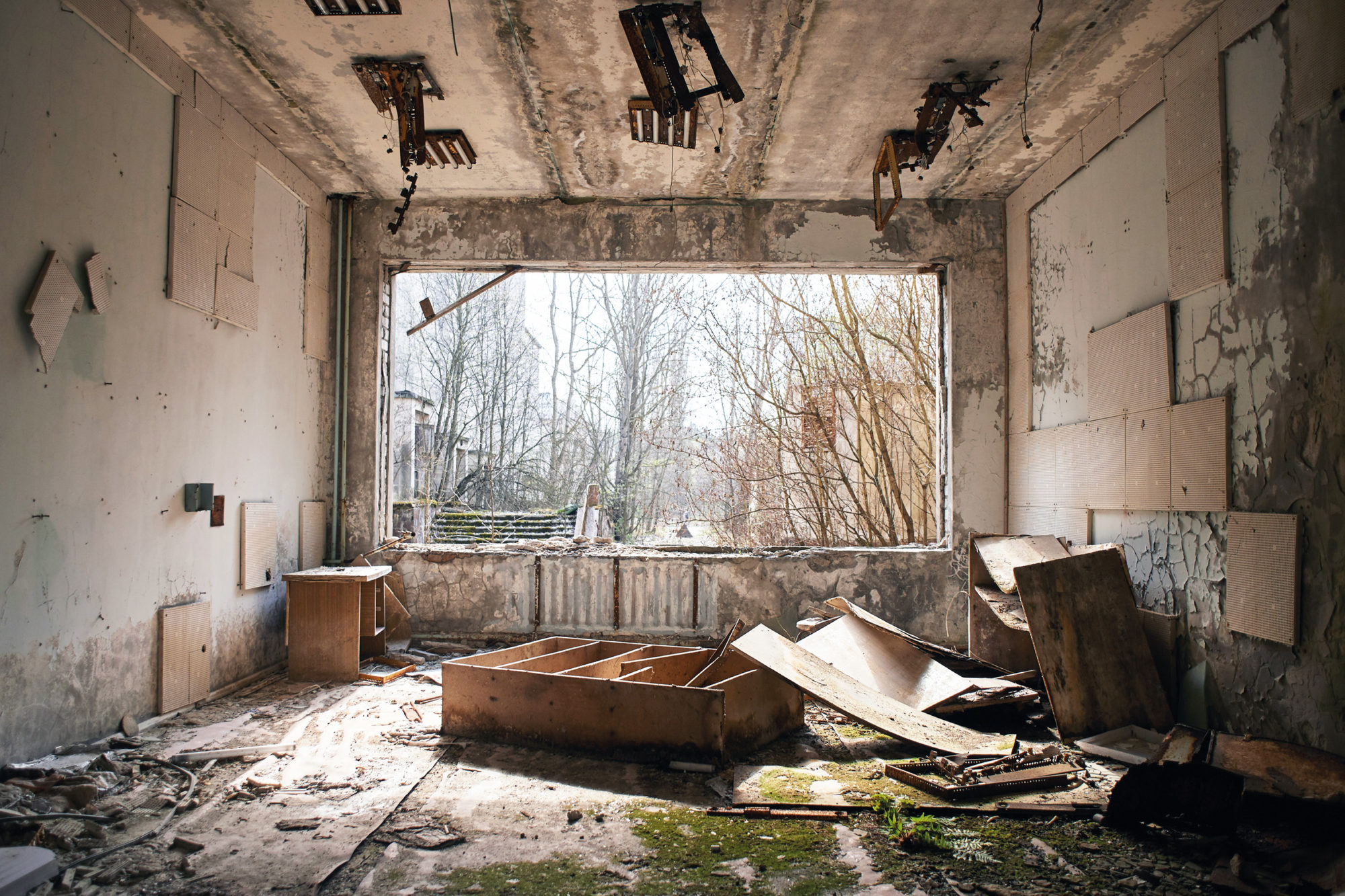What’s Happening: Ukraine is seeking UNESCO World Heritage status for Chernobyl, the site of the worst nuclear disaster in history.
The Download: In 1986, a catastrophic explosion at the Chernobyl Nuclear Power Plant resulted in one of history’s worst nuclear disasters. An open-air fire released radioactive contamination onto swaths of Ukraine and Belarus, creating a sizable exclusion zone in which thousands were forced to evacuate and never return. The site, especially the city of Pripyat, remains eerily deserted sans a small community of 100 older citizens. Otherwise, Soviet-era apartment blocks stand completely devoid of life while elk roam the ghostly site.
Now, the Ukrainian government is seeking UNESCO World Heritage status for the site, which has become somewhat of a landmark. Officials hope recognition from the UN’s culture agency will boost the site as a tourist attraction and bolster efforts to preserve aging buildings nearby. Though interest in Chernobyl has piqued thanks to the acclaimed 2019 television mini-series of the same name, authorities predict the site won’t be safe for human occupation for another 24,000 years. That hasn’t stopped more than 124,000 tourists from visiting last year alone, which officials are using as their case for the UNESCO designation.
In Their Own Words: “The Chernobyl zone today is already a world-famous attraction,” Maksym Polivko, a guide in the exclusion zone, told AFP. “Tourists come to Ukraine because of it. Unfortunately, now this place has no official status. If [UNESCO designation] happened in the future, it could only be a benefit.”
Oleksandr Tkachenko, Ukraine’s culture secretary, says that World Heritage status will enable the country to preserve Chernobyl while educating people about the dangers of nuclear disasters. “This can help preserve monuments there,” he said. “It’ll help develop a historical memory and attitude to this heritage. This will help make it possible to build roads and infrastructure. And last but not least, this will optimize and increase the flow of tourists.”
Surface Says: Until the 24,000-year occupation window elapses, we’d recommend experiencing Chernobyl through the small screen for now.

